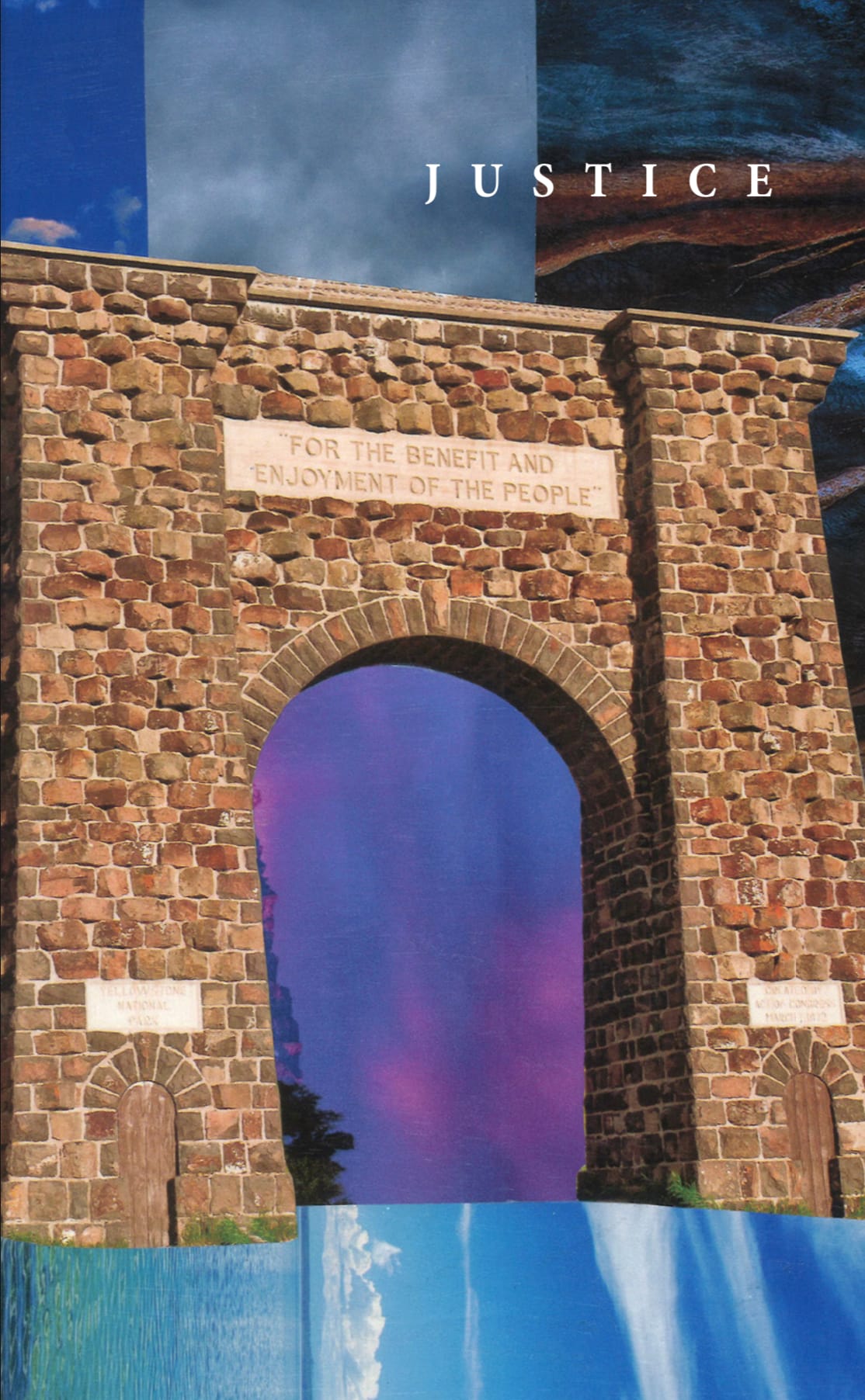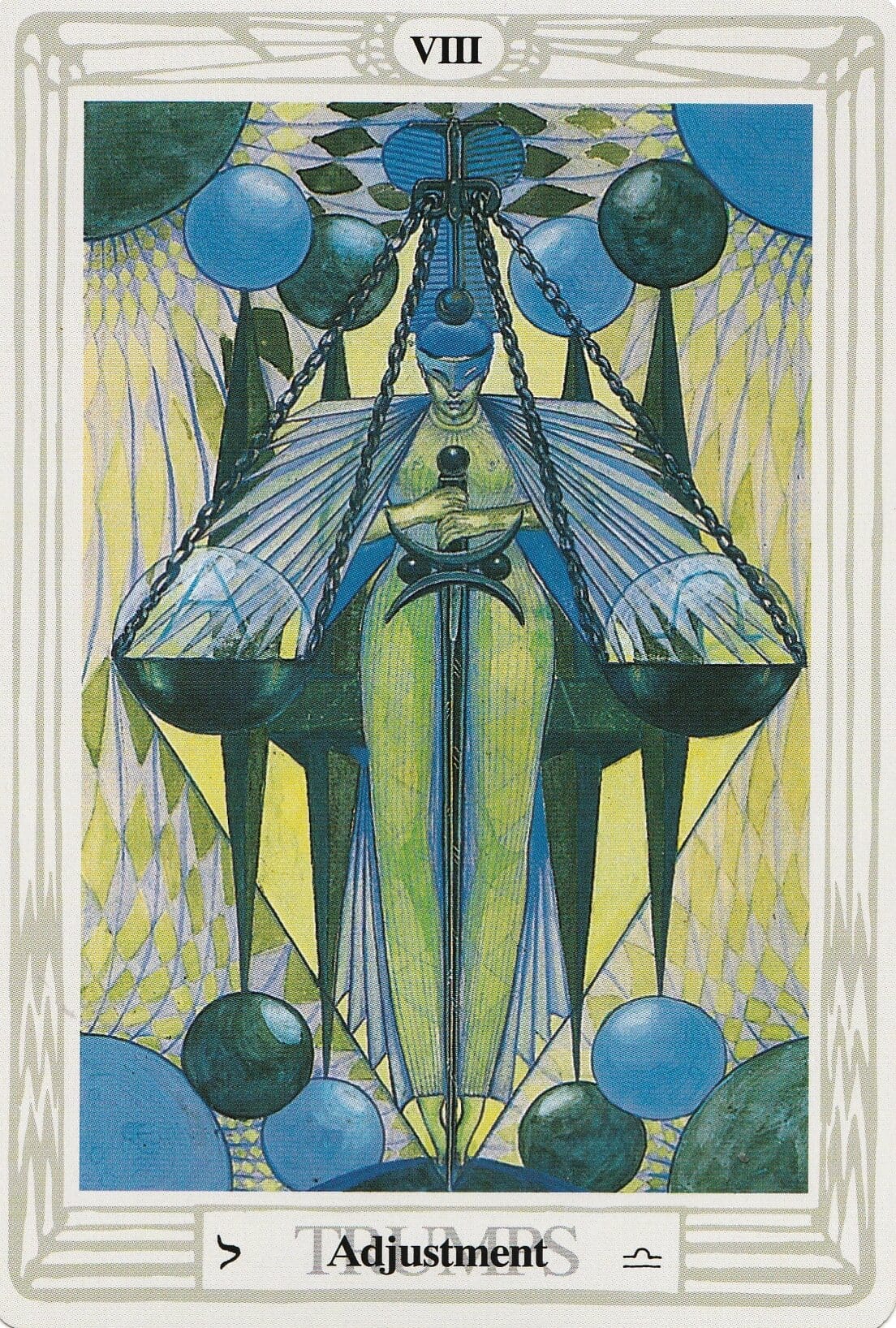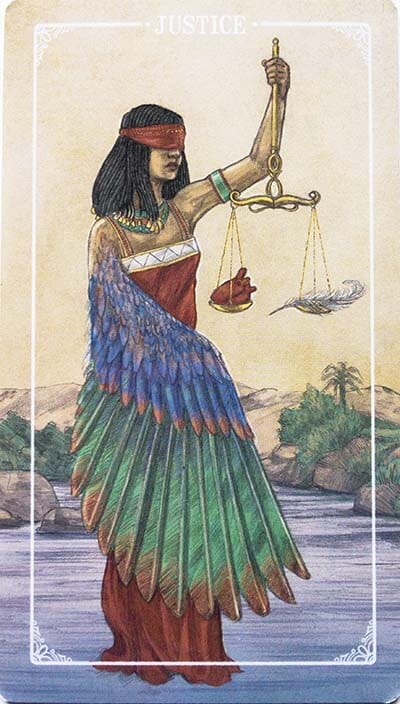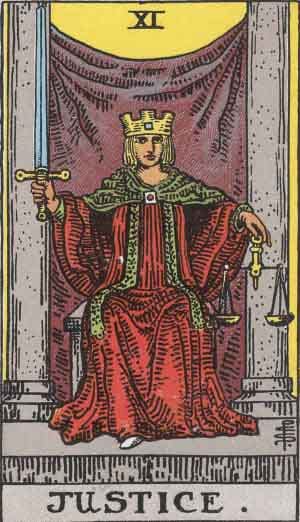Justice
This was the beginning of the undoing of the story of America I'd been told.

JUSTICE PLAYLIST (in case you'd like to listen as you read)
In March of 2020, when COVID hit while a sentient racist soup dumpling was President and we all hunkered in our homes for “two weeks to stop the spread,” Zack and I decided to watch ten hours of Ken Burns and Lynn Novick's Vietnam War documentary series. Every night we’d be squished on the couch of our rental home in Canada where we had just relocated for the production of Y the Last Man. Picture me there: 5MG of THC and four vodka grapefruits deep, watching Peter Coyote narrate a series of American war crimes so horrific it boggles the mind.
I wouldn’t say I enjoyed the watch, but I felt drawn to it. There was something comforting about remembering how fucked up this country has always been. I needed to be reminded that, though President Soup Dumpling was the absolute worst person for this (or any) moment, we’ve had many other terrible presidents, including but definitely not limited to Richard Nixon. I would go to sleep at night reminding myself that my parents had been taught to dive under their school desks in the event of a nuclear attack. America was founded on the genocide of Indigenous people, and built by the hands of enslaved people. Of course all of these facts are horrifying, but the point is: the present is not uniquely fucked up.
I remember sitting at the edge of my parents bed, the laundry machine rumbling underneath the TV as footage from President George HW Bush’s Gulf War played and my father watched. Occasionally he’d turn to me, my six year old legs swinging nervously back and forth, and he’d say something reassuring, “This would never happen here” or “This is a bad war and he is a bad president, but America is still the greatest country in the world.” I don’t know if he believed that, or if he just knew how delicate and impressionable I was. Now that I am a mother I think a lot about the stories my parents told me about my safety and my place in the world. I know that they wanted to reassure me, that they wanted to avoid the hours of sleeplessness that would inevitably come for me (and for them) when I’d consumed something scary or unsettling. I wonder if they knew they were lying, or if they hoped that saying it would make it so.
There were other lies my father told to ease me to sleep. I was always a difficult kid to put to bed, because even at a young age, sleep felt like temporary death and I was terrified of dying. My dad would tell me, “You’re very young. You’re not going to die.” And eventually my eyes would flutter closed. But, of course I am going to die, and young people do die, all the time.
The first crack in my father’s comforting stories came on April 20, 1999. I was an eighth grader when two lanky teenage boys only a few years older than I was walked into their high school in Columbine, Colorado and methodically murdered twelve students and a teacher.
Every night when I lay in bed in the weeks and months that followed, I would think of different escape routes from my middle school. I knew that I would have to reach my brother who was in sixth grade, before I could escape, and so I would lie awake plotting the distance between our classrooms. I kept track of my schedule and his. If he was in art, and I was in P.E. when the shooting began, how long would it take me to sneak to his classroom? Would we have to break a window to escape? What if we were on the second or third floor of the building? Could I take the steps two at a time if I was also trying to be quiet?
Just two and a half years later, on my first day of my junior year of high school, two planes flew into the World Trade Center. My story is neither unique or interesting. I spent my high school years in boarding school, where we were cocooned in autumn foliage and privilege. Very little world news got in, and yet, after delivering welcome remarks, our Head of School paused and said, “I think it’s important that I tell you that a plane has just hit the World Trade Center.” Why would he tell us that? we wondered. News was almost never relayed to us in the comfort of our little academic bubble. What did this plane crash have to do with us?
I rushed back to my dorm room and called my dad. “Did you hear about this plane in New York?” His voice was squeezed, like he was trying to stifle a scream: “I need to go,” he said, “I need to find out if your cousins are okay.” One of my cousins often worked in the towers, though he thankfully wasn’t there that day. Throughout the day, there were frantic teenagers rushing through the halls waiting for news on their parents, many of whom worked in finance in downtown New York City.
That afternoon, my father called me. “I’m outside,” he said. Outside? What did he mean, outside? It was the middle of a work day.
He had come to give me a hug. He had driven forty-five minutes for a hug, and then he would turn around and head back home, another hour and a half in the car. That was the most terrifying hug I have ever received. That hug was the first time I had ever seen my father truly scared.
After The Hug, I asked him what was going to happen. He said, “This will turn into a war. And it’s going to be bad.” He was right. This was the beginning of the undoing of the story of America I’d been told. Of course there were many people for whom America had never been a land of opportunity, for whom America had never felt safe. I realize it’s an enormous privilege to be surprised when things are scary. There are many people who have always known the truth.
[I’ll recommend a big old list of writers who have radicalized me below.]
There are a million issues that I care deeply about — bodily autonomy, LGBTQIA rights, racial justice, gun control (melt them all down IMO), affordable housing, prison abolition, healthcare and unions for everyone. Put simply, I’m a believer in everyone’s right to be oneself, to be treated fairly, to not spend their entire life grinding away at a job they hate just so they can spend the measly money they earn paying off student loans and medical bills for the rest of their life. I also spend a not insignificant amount of time wondering why JK Rowling uses her considerable celebrity and billions to bully trans people, when she could just shut the fuck up.
Recently, my brother and I were talking, and I was speculating that a person we both knew (don’t worry, reader, it wasn’t you) acted a particular way because of a traumatic event in their childhood. My brother stopped me. “You always do this,” he said, “You always confidently say that someone is a certain way because of x, y, or z reason, but I guess I see things as more gray. How could you possibly know why someone is the way they are?”
At first I was defensive. I explained that I was trying to give the person grace, that instead of being angry about how they were behaving, I was creating a story in my mind that allowed me to see their limitations and love them anyway. But, I also think my brother has a point. I’m a storyteller in constant search of a story, and if one doesn’t present itself, I’ll go ahead and make up my own.
As a child I often saw things in black and white, and I spent a lot of time thinking about the root cause of behavior I couldn’t understand. In childhood, OCD often took the form of anxiety in search of a story. I’d experience the physical sensation of anxiety, a gnawing feeling, a creeping dread, a paranoid prickly shiver up the back of my neck, and my brain would go into overdrive looking for a reason. I had a hard time imagining that a body could have a feeling or a mind could have a thought at random.
I want there to be an explanation for cruelty. It helps me to imagine Donald Trump desperately seeking his father’s approval, for example. It doesn’t make me like him, but it helps me make sense of his villainy. If there’s a reason why terrible things happen, it allows me to imagine there might be a solution. But this gets harder as I get older. Terrible things happen every day in this world, and so much of it feels nonsensical, motivated only by a desire to hurt.
Justice highlights how your situation in the present is the direct result of your actions in the past. There is a linearity to the Justice card, because justice is about consequences. When Justice shows up in a Tarot reading, it can be on the nose, for example: maybe you’re signing a contract, or you’re dealing with a legal issue. It essentially says: your past is manifest in your present (that can be positive or negative). On a deeper level, the Justice card can elicit a need to prioritize, to think about what matters to you, and figure out how to keep yourself in alignment with your priorities.
In a way, that seems self-involved, doesn’t it? The world’s falling apart, why should what any individual person cares about matter? “The world’s ending,” we joke grimly. We throw around words like apocalyptic and end of empire. I frequently share memes begging aliens to come and save me from our failing planet.
But in quiet moments, I worry. I worry that the joke’s on us. I worry that believing there’s no hope only helps the status quo. For a moment, let me argue in favor of each of us acting in alignment with our purpose.
In 2016, when Trump won, I took a mental swan dive off a cliff. It took more anti-depressants than ever before to pull myself out. And it paralyzed me. I didn’t know a single person who would admit to my face they’d voted for Trump. And yet, I must have known some. It made me feel paranoid and scared. I thought surely we could all agree that this criminal, this racist buffoon who bragged about sexual assault, could never be president. When that naive bubble burst, it took almost a year to feel like myself again. Honestly, the last eight years have felt chaotic and scary, stressful and apocalyptic. Those eight years coincide with my children’s entire lives.
These are years I don’t get back.
So this time around, my plan is to stop telling myself a story to help me feel better and instead to focus. Focus on the things I care the most about, the things I feel best equipped to change. It doesn’t mean that I don’t care about other issues, but I’ve decided that not only is it okay for each of us to figure out where we fit, it’s actually the best chance we have. I care about justice broadly, but I am passionate and fired up about trans rights specifically, for example. There are a lot of ways I can work for justice in that area — some of them are related to activism, and others are related to the work I put into the world. It’s important to see trans people represented on screen, and I am a writer. This is something I can do. I can look for a place where my particular interests and talents could be useful, and direct them there.
Being useful is an excellent way to fight the darkness that creeps in when the whole world feels too broken. Hopelessness benefits the people in charge, the people who benefit from the status quo. I don’t want to be hopeless. I know what I can talk about with conviction and passion. There are places where I can be outspoken, where I can push for change, where I can use my privilege and access to certain spaces to hold doors open for others. There are countless other spaces where I know less, where I can listen, support, amplify, research and follow.
The story of America is always being written and revised, sometimes for the purposes of propaganda, sometimes because new information has come to light. Stories are powerful and persuasive, but they are always flawed. Every story has a teller, a human being recollecting, a perspective shared. There is no objective truth to our history, only an infinite number of perspectives.
Yes, the world is broken, but it’s the only one we’ve got. The aliens aren’t coming to save us. We’ve got to save ourselves.



Recommendations
These are only a handful (not all!) of the books/films that have informed my worldview, from folks much smarter than I am.
Far Away From Close To Home: A Black Millenial Woman in Progress by Vanessa Baden Kelly. Vanessa is one of my best friends and favorite writers in the known universe, and this book is gorgeous, complex, and funny just like her.
Between the World and Me by Ta-Nehisi Coates
The World Without Us by Alan Weisman
Braiding Sweetgrass: Indigenous Wisdom, Scientific Knowledge, and The Teachings of Plants by Robin Wall Kimmerer
Women, Race and Class by Angela Y. Davis
The Racial Imaginary: Writers on Race in The Life of the Mind edited by Claudia Rankine, Beth Loffreda, and Max King Cap
What We Don't Talk About When We Talk About Fat by Aubrey Gordon
The 1619 Project created by Nikole Hannah-Jones
Also! Here are some really excellent, gender inclusive children's books that I highly recommend if you've got kids (READ THIS TO YOUR CISGENDER CHILDREN PLEASE: IT'S IMPORTANT – especially in a year where trans kids are being targeted by craven psychopathic politicians):
For Little Kids:
What Makes A Baby by Cory Silverberg (this book doesn't go into detail about sex, but it talks about the components that are necessary to make a baby – egg, sperm, uterus – in a way that is inclusive of trans and non-binary folks, surrogacy, adoption, etc).
It Feels Good To Be Yourself by Theresa Thorn (a very simple introduction to terms like "non-binary," "transgender," and "cisgender")
Introducing Teddy by Jessica Walton - a very sweet and simple book in which a teddy bear starts using new pronouns and is accepted and loved by a child.
Julian Is A Mermaid by Jessica Love. This is a lovely book with gorgeous artwork that is about self-expression, gender non-conformity, and acceptance.
For Older Kids (8-ish and up):
Sex Is A Funny Word by Cory Silverberg (the same person who wrote What Makes A Baby) – this is a book that talks about sex and puberty using inclusive and sex-positive, age appropriate language. There's also a great focus on consent and trust.
The Every Body Book by Rachel E Simon. An LGBTQIA inclusive book about sex and puberty.
(I cannot stress this enough: everyone should be reading books like these to children even if you suspect that your child is heterosexual and cisgender. These are not just books for queer kids. Reading these books to your child helps them understand others, and indicates that you are a safe space if they ever have questions about gender, sexuality, identity, or honestly ANYTHING in the future).
Films
Disclosure - This documentary (which you can watch on Netflix) is about transgender representation in media. It's a really strong argument for why Netflix should stop paying Dave Chappelle tens of millions of dollars to make transphobic "jokes," but maybe Ted Sarandos hasn't watched? Anyway, it's a great film and I really hope you'll watch it (especially if you're a writer for TV and film!!)
The 13th directed by Ava DuVernay. A documentary about the racist origins of the prison industrial complex, policing, and the criminal justice system.
